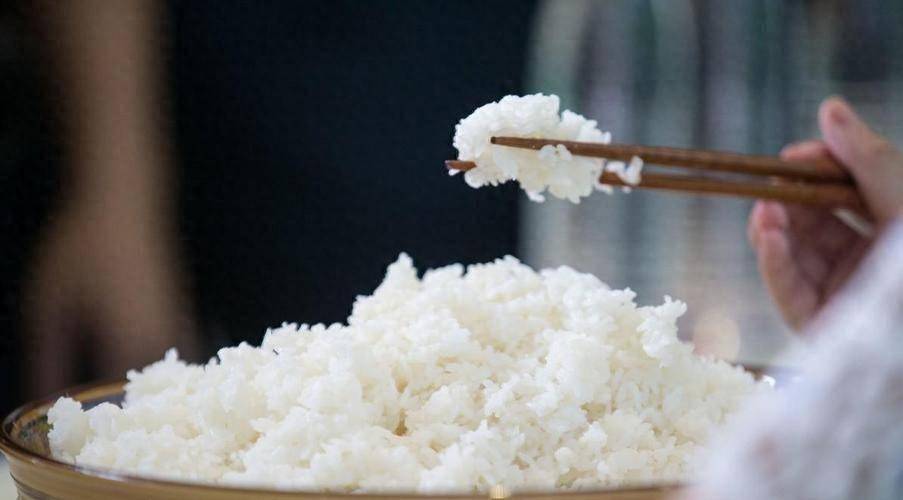Before reading this article, we sincerely invite you to click “follow,” which will facilitate your discussions and sharing, as well as provide you with more professional health knowledge to safeguard your health. Thank you for your support.
Did you know? Many people enjoy eating cold rice, and some even believe it tastes better when cold. However, the scientific mechanisms behind these phenomena and their effects on health may actually be much more complex than we typically think. These concepts are not immediately clear and require a deeper understanding.
First, what we need to understand is what happens to the main component of cold rice—starch—when it cools down. When you cook starchy foods and then cool them, they transform into something called “resistant starch.”
In the large intestine, it is processed by the microorganisms in our bodies, producing several beneficial chemical substances, such as short-chain fatty acids. This process is actually quite beneficial for our health.
Dear readers, the author finds writing challenging and the income is modest, which is why a brief 5-second advertisement has been added to the article, allowing you to read the full article for free. I know this may be a slight disturbance, but your understanding and support are my greatest motivation! I will strive to bring more quality content!
Dear readers, the author finds writing challenging and the income is modest, which is why a brief 5-second advertisement has been added to the article, allowing you to read the full article for free. I know this may be a slight disturbance, but your understanding and support are my greatest motivation! I will strive to bring more quality content!
Now, let’s look at how this phenomenon manifests in real life through a few fictional examples. First, imagine a middle-aged office worker who is often busy with work and doesn’t have time to cook meals from scratch, so he chooses to prepare meals over the weekend and store them in the fridge, eating these cold meals throughout the week when he gets home in the evenings.
At first, he may not notice any changes, but over time, he finds that his digestive system seems healthier, no longer experiencing the frequent stomach discomfort or bloating he used to.
Another fictional example is a health-conscious retiree who, by chance, reads about resistant starch and decides to change her eating habits by incorporating cold rice to help control her blood sugar.
She has mild pre-diabetes symptoms, and her doctor has always advised her to pay attention to her diet. After a few months of trying this, she is pleasantly surprised to find a significant improvement in her blood sugar levels.


